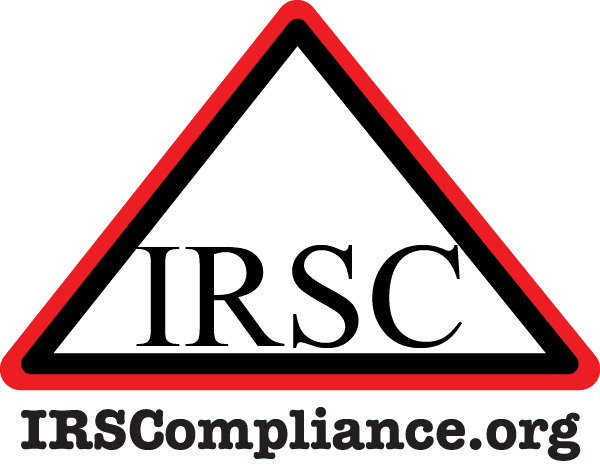Once you have filed information returns with the IRS at yearend, you may ultimately receive a Notice from the IRS that proposes to assess penalties with respect to the returns that you filed. The IRS may issue Notice 972CG which proposes an IRC 6721 penalty for the information returns that were filed late, filed on incorrect media, filed with missing or incorrect TINs, or a combination of these failures. When the notice is received, first, check to see if the information in your notice is correct. If you can resolve an issue in your notice, there may be no penalty.
For information returns filed with missing or incorrect TINs, Notice 972CG includes a list of the information returns filed with missing or incorrect name/TIN combinations. Filers should compare this list with their records to determine if:
- appropriate action was taken in the year for which the penalty is being proposed to meet the requirements for establishing reasonable cause, and
- an annual solicitation must be made in the current year to avoid penalties in future years.
Reasonable Cause is based on all the facts and circumstances in your situation. The IRS will consider any reason which establishes that you used all ordinary business care and prudence to meet your Federal tax obligations but were nevertheless unable to do so.
The IRS will consider any sound reason for failing to file a tax return, make a deposit, or pay tax when due. Sound reasons, if established, include:
- Fire, casualty, natural disaster or other disturbances
- Inability to obtain records
- Death, serious illness, incapacitation or unavoidable absence of the taxpayer or a member of the taxpayer’s immediate family
- Other reason which establishes that you used all ordinary business care and prudence to meet your Federal tax obligations but were nevertheless unable to do so.
A lack of funds, in and of itself, is not reasonable cause for failure to file or pay on time. However, the reasons for the lack of funds may meet reasonable cause criteria for the failure-to-pay penalty.
In order to determine Reasonable Cause, the filer should be able to furnish the following information:
- What happened and when did it happen?
- What facts and circumstances prevented you from filing your return or paying your tax during the period of time you did not file and/or pay your taxes timely?
- How did the facts and circumstances affect your ability to file and/or pay your taxes or perform your other day-to-day responsibilities?
- Once the facts and circumstances changed, what actions did you take to file and/or pay your taxes?
- In the case of a Corporation, Estate or Trust, did the affected person or a member of that individual’s immediate family have sole authority to execute the return or make the deposit or payment?
Most reasonable cause explanations require that you provide documentation to support your claim, such as:
- Hospital or court records or a letter from a physician to establish illness or incapacitation, with specific start and end dates
- Documentation of natural disasters or other events that prevented compliance
The notice must be answered within 45 calendar days (60 days for foreign filers) from the notice date. The IRS may issue Letter 1948C to ask for additional explanation or information to support the request to waive the proposed penalty. If the filer doesn’t respond by the time indicated on the letter, the IRS will deny the waiver request and assess the proposed penalty. If reasonable cause is established, IRS will issue Letter 1948C stating that the explanation given was accepted and the applicable penalty will not be assessed. If the filer’s written statement does not establish reasonable cause, or only partially establishes reasonable cause, a penalty will be assessed. The IRS will send Letter 854C explaining the reason for the denial, including the filer’s appeal rights. If you need additional information, see Publication 1586, www.irs.gov/pub/irs-pdf/p1586.pdf.
